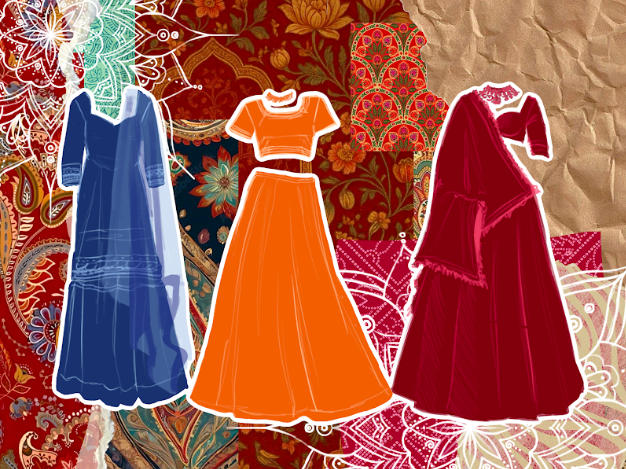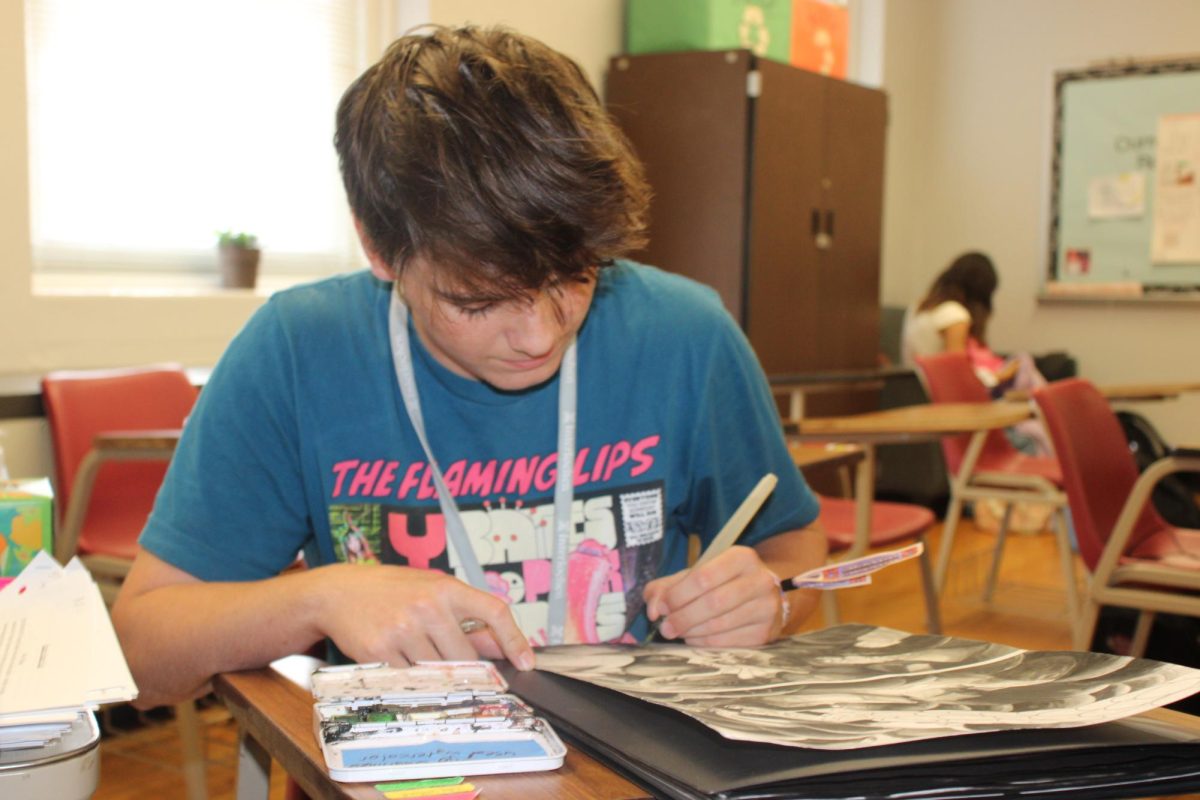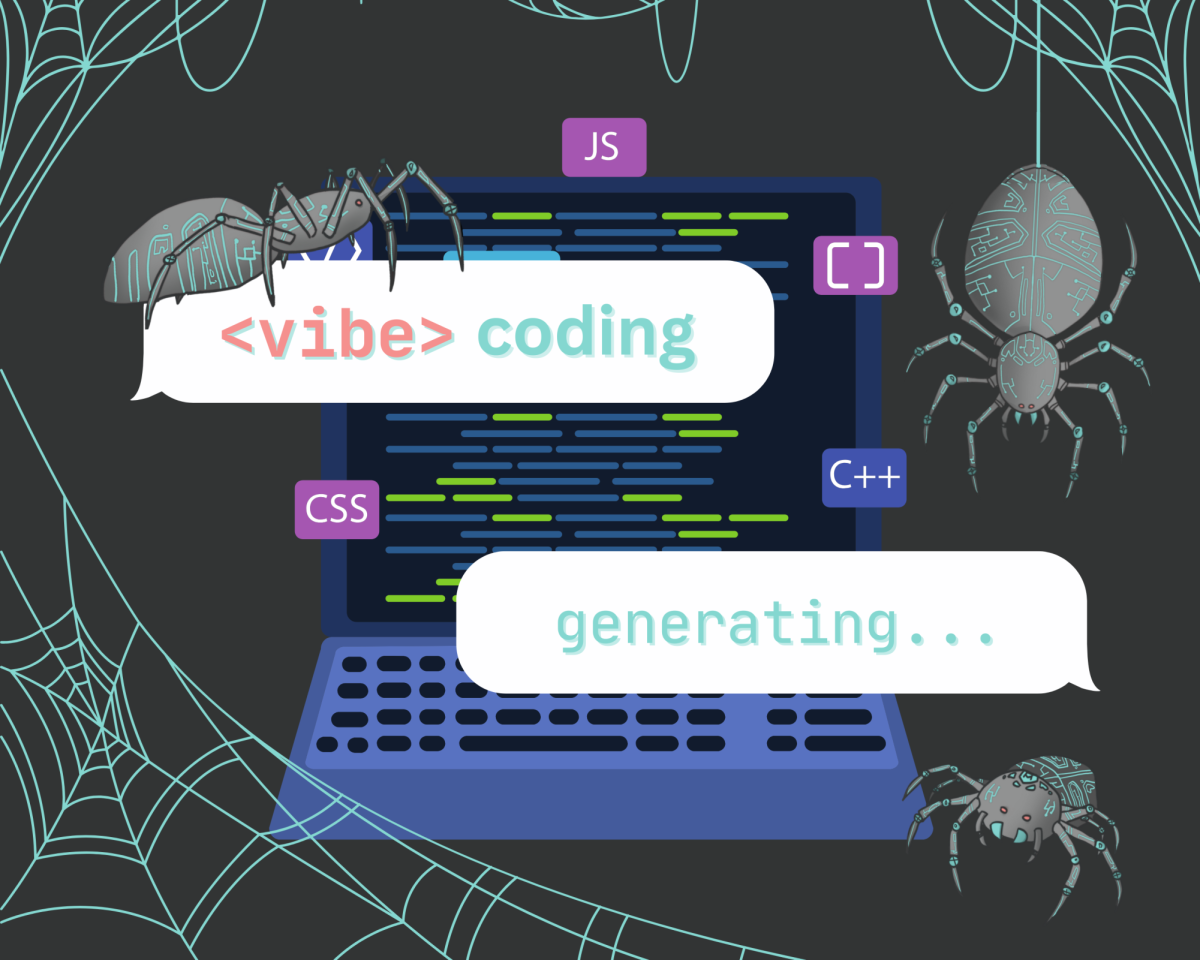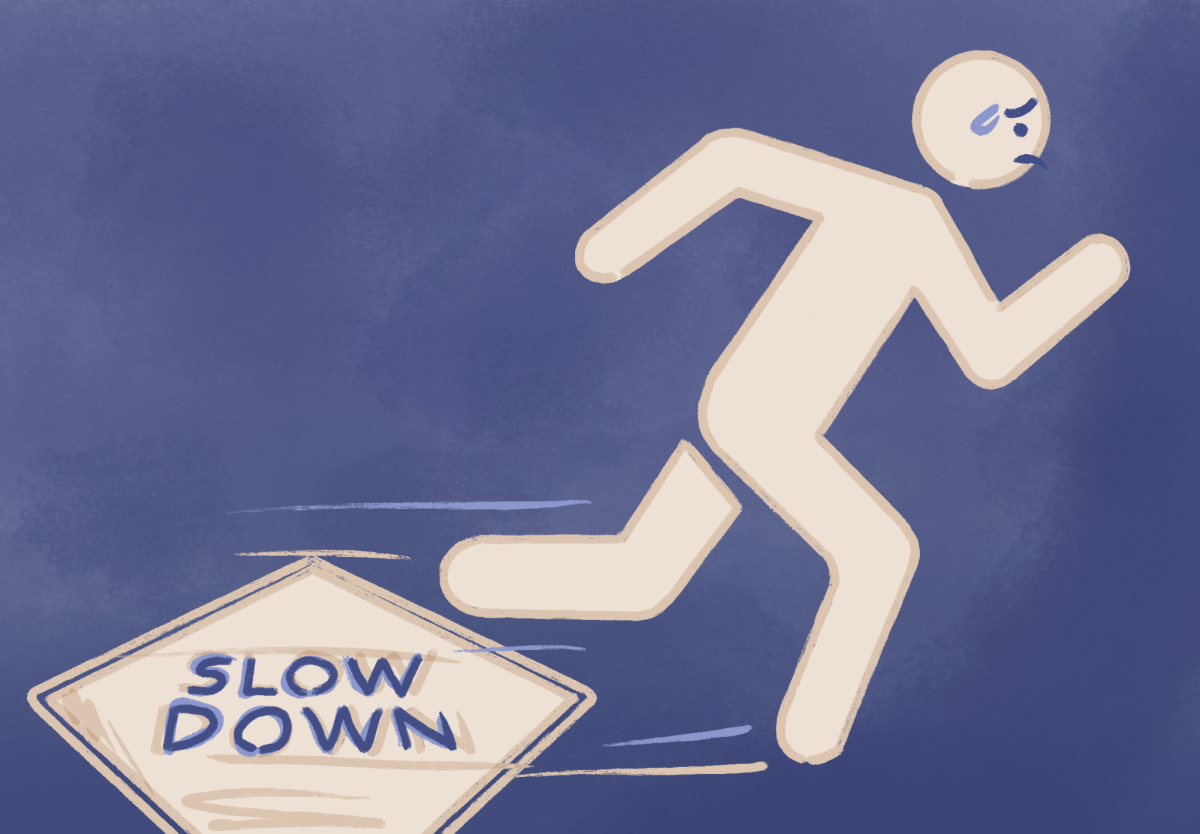Noises of rings and buzzes
It’s a few minutes before class begins. As a student enters a room full of their peers, they notice everyone sitting quietly at their desks. Rather than chatting about how anxious they are of this upcoming test, how confusing the class is, or just a random show they’ve been watching, heads are bowed, fingers tapping away, and eyes all glued to glowing screens.
It’s called phubbing, a mix of the words “phone” and “snubbing.” Defined by The New York Times as “like two lobsters kissing,” phubbing, to put it simply, is when you’re constantly taken away by your phone during a physical interaction.
Even in a room full of people, phubbing changes how we interact. We always tend to turn to our phones, no matter who or what this social interaction is about, leaving conversations interrupted or entirely ignored. Phubbing isn’t just about distraction—it’s a way to avoid discomfort. Students and teachers are sharing mixed feelings on this increasingly common habit and despite both groups finding it problematic, it just doesn’t seem to be easy for us to get off of our phones.
Daniel Bobo-Jones, a biology teacher, views phubbing as a sign of disrespect in social interactions.
Daniel Bobo-Jones: “If you were talking to somebody, and you’re on your phone at the same time, I would ask the person to come off the phone. Otherwise, I would consider that rude.”
Mr. Bobo-Jones also requires students to keep their phones out of sight in class. For him, it’s not just about politeness, it’s about focus.
Daniel Bobo-Jones: “Even if it’s just seen, it’s a distraction that your brain wants to interact with rather than interact with what we’re talking about in class. Nobody can do two things at once. They’re gonna do two things really crappy rather than one thing really well.”
Mr. Bobo-Jones isn’t the only one concerned with this issue. Former Lab parent and current substitute teacher Katya Samsonova agreed with him.
Katya Samsonova: “The phone is always competing. No matter how much you try to avoid it, you’re always competing with it.”
Ms. Samsonova even brought up the topic of phubbing directly to her students that she subbed for last year after noticing many of them taking phones to their bathroom or being on these devices during class.
Katya Samsonova: “It’s a huge problem of kind of switching out of life around you — unfocusing from the educational process or studying to attend to something else.”
She sees this constant competition for attention as a major problem, not just in schools but in all social settings.
Katya Samsonova: “It creates mistrust between people. You don’t know what the other person is doing and why they’re turning away from the work or from you to focus on the device.”
Senior David Smith admits to occasionally phubbing.
David Smith: “Maybe a notification pops up and you want to check it, or maybe you’re trying to get out of an awkward situation.”
The device seems to become a shield that helps individuals escape the tension of silence or uneasy conversations.
This isn’t uncommon. Vanessa Van Edwards, a behavioral investigator and founder of Science of People, explicitly points out that phubbing may be used to avoid uncomfortable interaction.
She writes that phubbing can, to quote her, “be due to someone trying to avoid an awkward conversation or feeling socially anxious during social interactions,” and follows up that, to quote her, “If phubbing starts damaging relationships, it can be dangerously addictive.”
However, students aren’t unaware of this.
David even admits that the idea of phubbing is disrespectful.
David Smith: “I guess it can be helpful if you’re genuinely in a situation that you’re not comfortable and you’re just trying to get out of it… but overall I think it’s sort of a little disrespectful to do.”
David also pointed out an aspect often overlooked by critics of phubbing: the value of digital interactions.
David Smith: “It can also be possible for someone to be having another social interaction on their phone that could be as important as the interaction they’re having in person.”
Ms. Samsonova herself faces similar struggles in her life as an adult.
Katya Samsonova: “As an adult, I suffer… I started suffering from the fact also in my life that I kind of jump around things. You know, I inadvertently say, ‘Oh, I need to read the news, I need to do this, I need to check something.’”
Despite many people recognizing the problem, phubbing continues to blur the line between meaningful connections and digital distractions.
The classroom remains silent, wihtout conversation, filled with the quiet buzzing of notifications and the tapping of screens. Phubbing offers an escape from awkwardness, but it also robs us meaningful connections. Perhaps it’s time to set aside our phones and start remembering and making moments that matter.
This story was originally published on U-High Midway on January 27, 2025.


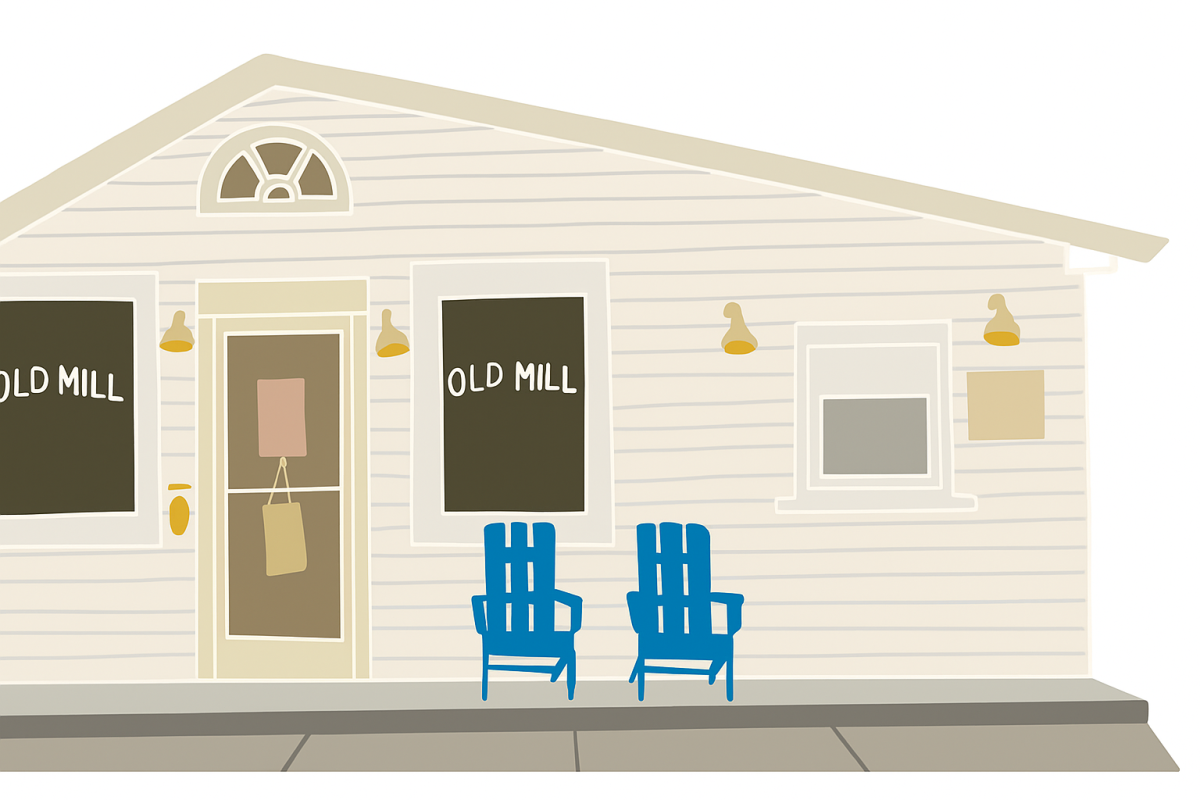
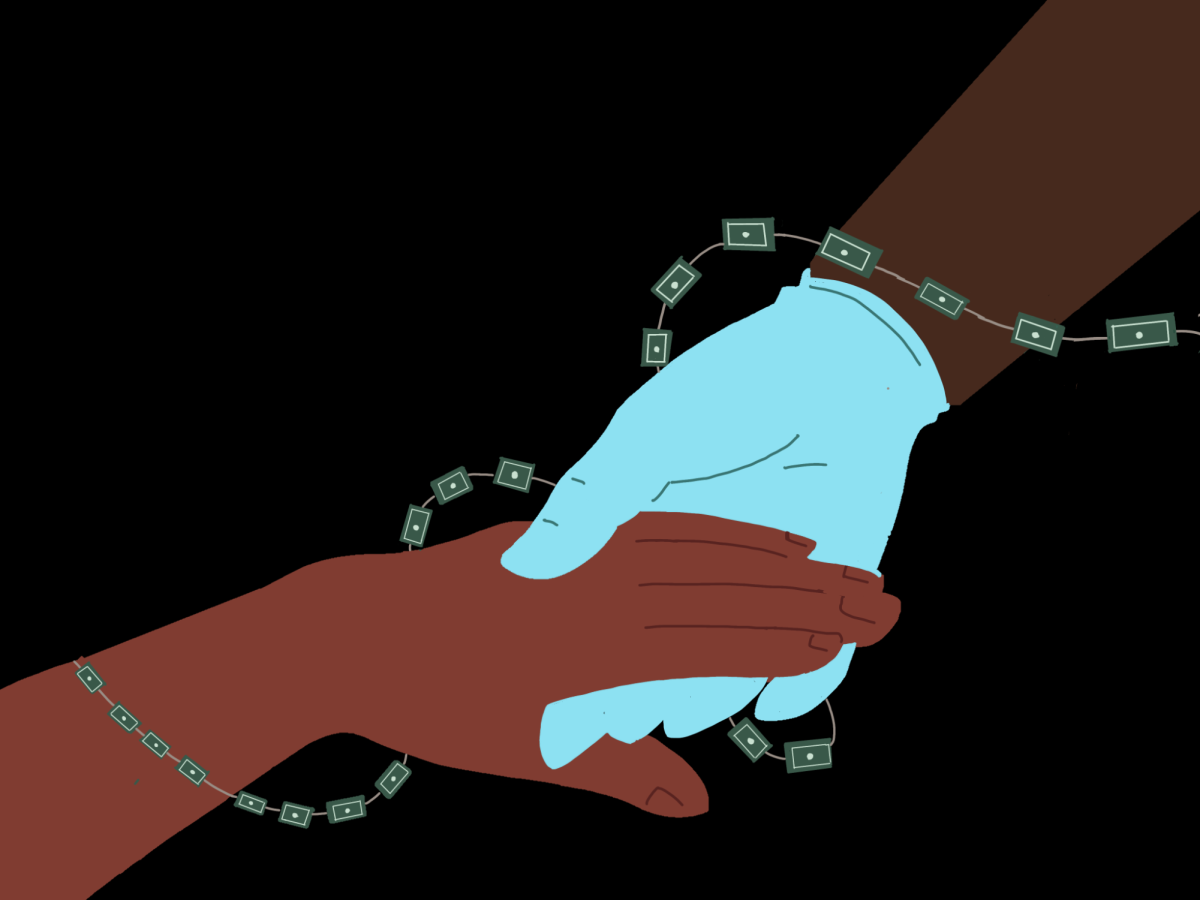





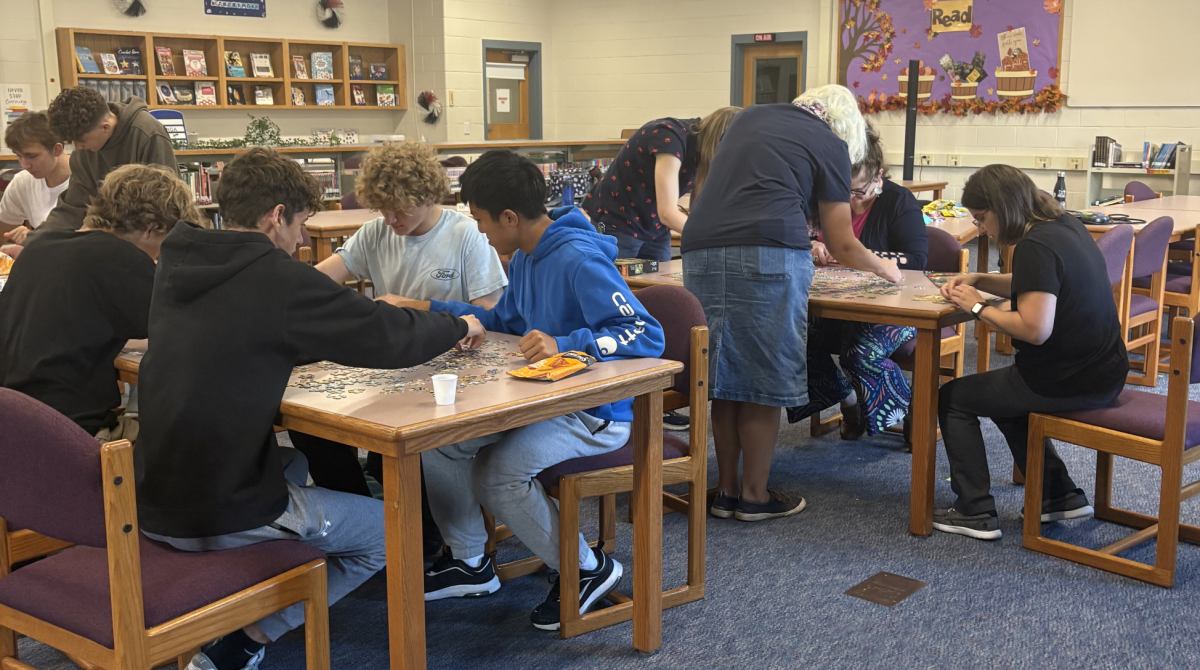
![Senior Dhiya Prasanna examines a bottle of Tylenol. Prasanna has observed data in science labs and in real life. “[I] advise the public not to just look or search for information that supports your argument, but search for information that doesn't support it,” Prasanna said.](https://bestofsno.com/wp-content/uploads/2025/10/DSC_0073-2-1200x800.jpg)






